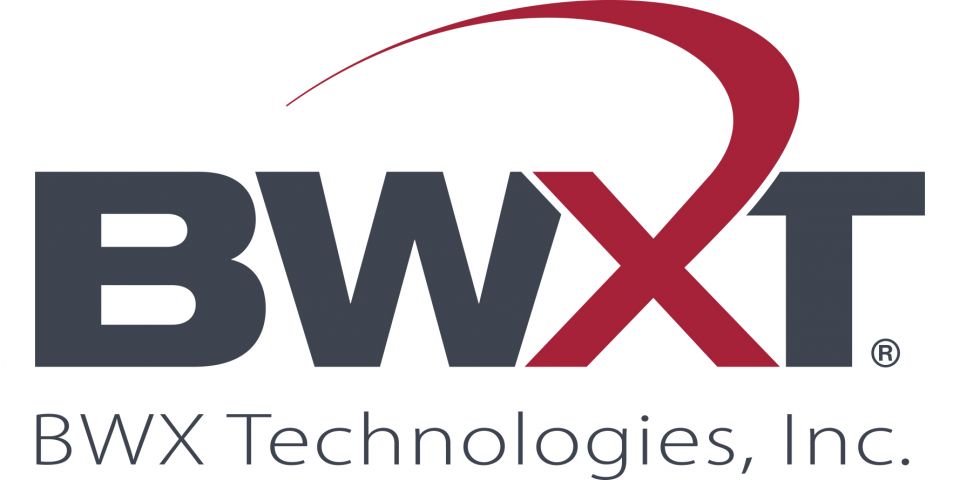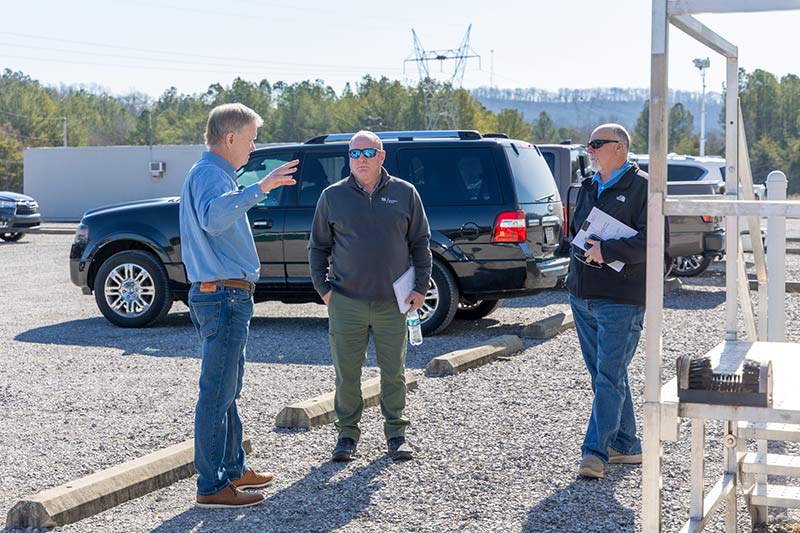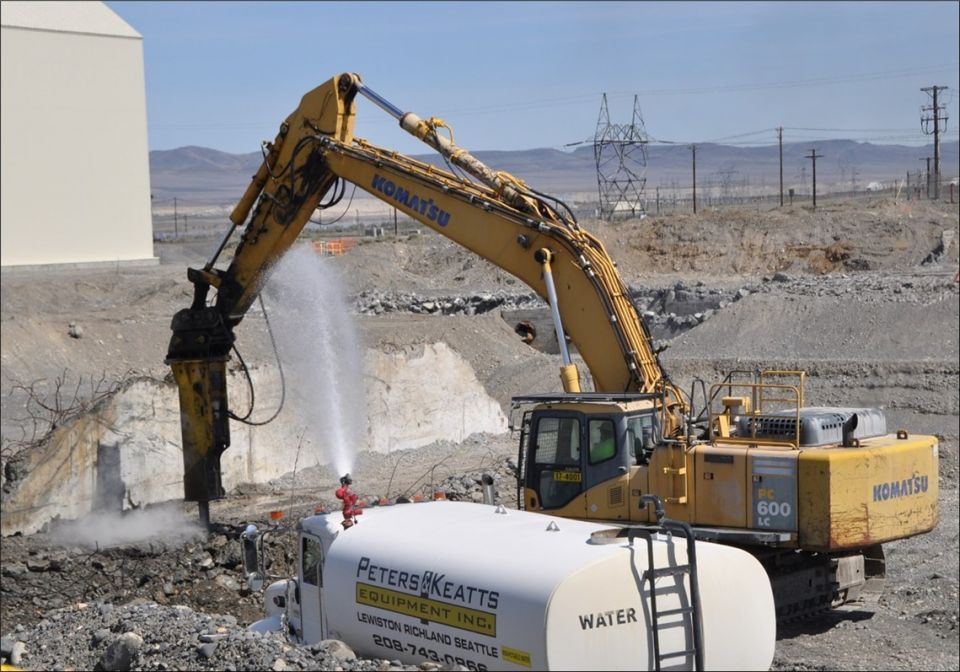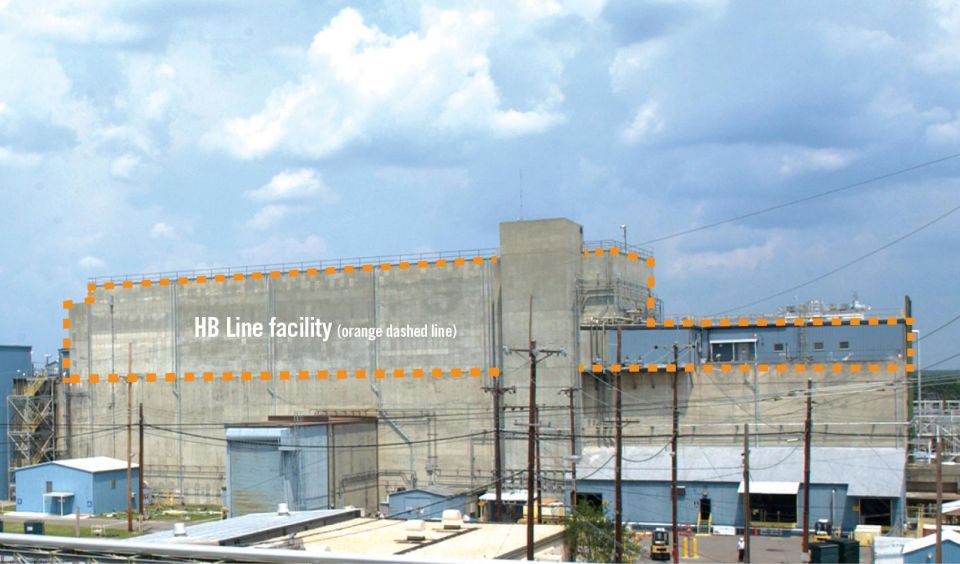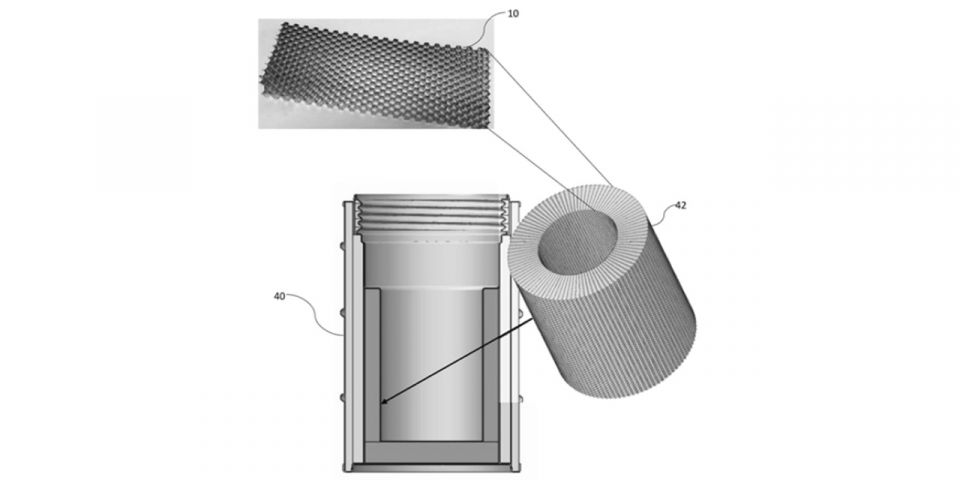Los Alamos researchers test TRISO transportation
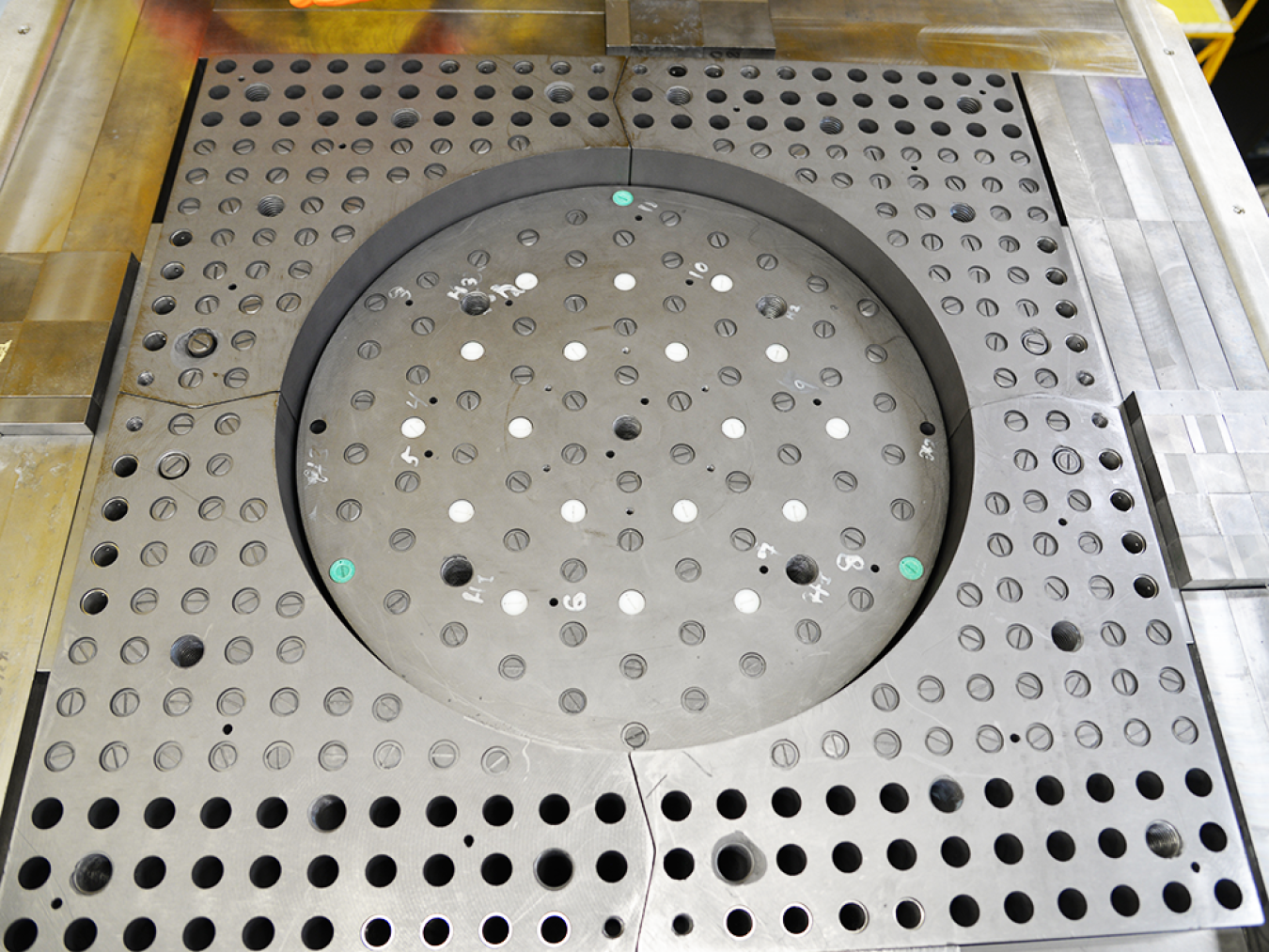
Los Alamos National Laboratory recently performed a series of customized criticality experiments to obtain data that will support the transportation of HALEU TRISO fuel, the Department of Energy announced April 21.
The project, known as THETA (for TRISO-form HALEU-fueled Experiment for Transport Applications), was designed to meet the needs of Kairos Power, which is developing a fluoride salt–cooled reactor fueled with HALEU TRISO pebbles. It was performed at the National Criticality Experiments Research Center using the Deimos advanced reactor test bed that Los Alamos researchers first demonstrated in 2024.
Part of the plan: The DOE and the Nuclear Regulatory Commission are collaborating with national labs and private industry on HALEU criticality benchmarking studies as part of the DOE’s HALEU Availability Program. The DOE/NRC Criticality Safety for Commercial-Scale HALEU for Fuel Cycle and Transportation (DNCSH) project is a collaboration between the DOE’s Office of Nuclear Energy, the National Nuclear Security Administration’s Nuclear Criticality Safety Program, and the U.S. Nuclear Data Program (which is under the auspices of the Office of Nuclear Physics, in the DOE’s Office of Science).
In August 2024, the DOE awarded $17 million for 16 DNCSH experiment and analysis projects expected to yield criticality data that will assist the NRC in licensing and regulating HALEU and the fuel infrastructure—including packaging and transportation containers—required to demonstrate and deploy HALEU-fueled advanced nuclear reactors using fuel enriched up to 20 percent uranium-235.
Project teams include six national laboratories taking lead roles in partnership with other labs, universities, and multiple industry partners. THETA was one of the projects awarded in August 2024.
In the lab: LANL researchers began by collaborating with Kairos Power to identify data needs for improved nuclear fuel cycle efficiencies and safety in the transportation of HALEU-based TRISO fuel. According to a project description, THETA was to address “the need for validation for TRISO fuel transportation upset scenarios, particularly water infiltration of pebble fuel containers/canisters. These scenarios have a complex neutron flux and are expected to have a bias not quantifiable by other fuel forms. Additionally, the benchmark described to address transportation upset scenarios also improves the benchmark coverage of water infiltration upsets in fuel storage and handling application.”
Accordingly, the Deimos test bed at NCERC, which is operated by LANL at the Nevada National Security Site, was modified using stainless steel to represent fuel shipping containers and polyethylene to simulate water infiltration scenarios and its impact on neutron moderation. Researchers also used borated polyethylene to evaluate the effectiveness of neutron absorbers. Over three weeks, researchers performed a series of experiments to simulate various transportation scenarios and the effects of neutron radiation on the fuel.
“This is the first time the Deimos test bed has been used to test transportation scenarios,” said Florie Knauf, acting deputy assistant secretary for the nuclear fuel cycle. “The data collected from the experiment will help address key gaps related to the transportation of HALEU TRISO fuel.”


